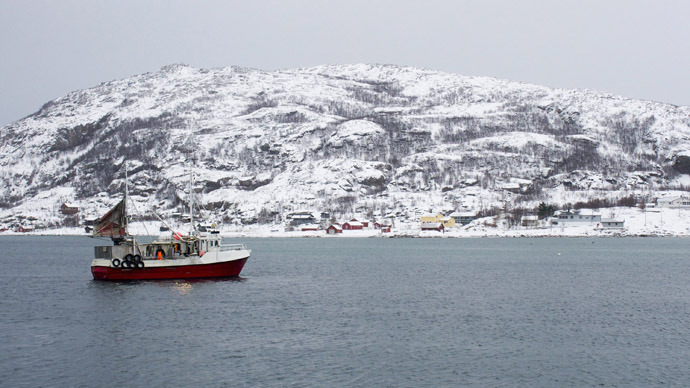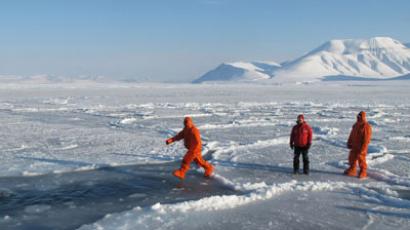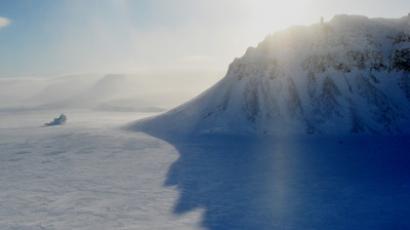Norway finds 1.9bn barrels of hydrocarbons on territory ceded by Russia in 2010

Norway has discovered reserves of 1.9 billion barrels of oil and gas under the Barents Sea in an area Russia ceded in 2010.
The resources are under an area of the seabed the size of
Switzerland. 15% of the reserves are oil and the rest is gas, and
are estimated to be worth $30bn.
“This is very exciting. We are very happy that the results are
as promising as they look," Bente Nyland, the head of the
Norwegian Petroleum Directorate (NPD), which manages Norway's oil
and gas resources, told Reuters.
This discovery is a boost for Norway's oil reserves as its North
Sea fields are coming to an end and production is expected to fall
to a 25-year low in 2013.
Some experts point out that while the finding looks positive for
Norway, it can also conceal serious risks as Norwegian oil
companies may cross the Russian border while emptying the Barents
Sea resources.
"There is an obvious political risk there," Thina Saltvedt
at Nordea Markets told Reuters. "What could happen is that these
fields will be left alone for a longer time while oil firms work
other fields."
In the 2010 agreement about the division of the disputed territory
there is a clause about the hydrocarbon extraction that suggests
that if a field crosses the border between the two countries both
have a right to develop it.
As yet there is no information about whether the deposits cross
into Russian territory.
Norway and the Soviet Union, and then Russia, had been in dispute
over the economic development of the Barents Sea since the
1970s.
They finally decided to split the area equally. The agreement was
signed in September 2010 at a meeting of the countries’ leaders of
the time, the Russian President Dmitry Medvedev and the Norwegian
Prime Minister Jens Stoltenberg.














